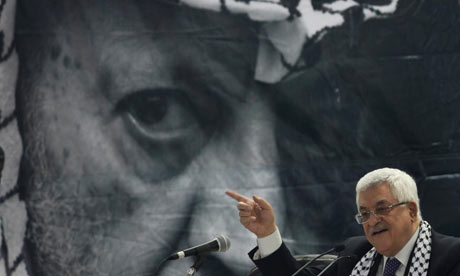
Cheering Supporters of Hizbullah
"We do not seek a war, and we are not afraid, but it may well be that Israel wants a war (with Lebanon) of which it is frightened." This sums up the message of Hizbullah leader, Hassan Nasrallah, in his speech on August 14th marking the third anniversary of the exit of Israeli troops from Southern Lebanon. Nasrallah gave a typical crowd-rousing speech; but his charisma to the Arab public is not a surprise. His counter-threats are. For a few weeks, Israeli officials, including Benjamin Netanyahu and Ehud Barak, issued various threats against Hizbullah and Lebanon. They warned primeminister-elect Sa'd El-Hariri of including the Shi'a party in a national unity government, or else all of Lebanon's infrastructure will be fair game in a prospective war. Tel Aviv's hawkish rhetoric seemed to emanate, in part, from growing concern over Hizbullah's expanding armaments.
Nasrallah analyzed the situation differently, however. He claimed Israel wanted primarily to hamper the formation of the national unity government in Beirut by renewing internal controversy regarding the role of Hizbullah in Lebanon. Israel, according to Nasrallah, also wished to modify the mandate of the UNIFIL forces, so they can actively intercept the movement and operations of Hizbullah personnel and arms. On both accounts, Tel Aviv was disappointed. First, the controversy over Hizbullah's strategic posture in Lebanon does not appear to be an overriding concern for the March 14th bloc any more. They may have come to accept it as a fait accompli. Nasrallah shrewdly capitalized on that by reinforcing the concept of a new Lebanese national security that comprises both a strong national army, and the irregular guerrillas of Hizbullah. Even more significantly, representatives of virtually all Lebanese parties (ruling and opposition)and the Presidency attended Hizbullah's "Divine Victory" ceremony. It was especially telling to see Taymour Junblat, son of Druze Leader Walid Junblat (recently defected from March 14th) among the seated VIPs.
Perhaps last night's most important statements were the warnings that Tel Aviv will be bombed, should Israel target Beirut or its Southern Suburbs (Shi'a neighborhood considered Hizbullah's stronghold), and that the "Resistance's" missile can now reach any point on Israeli proper. Nasrallah went further to promise the Israeli Defense Forces a crushing defeat and a lot of "surprises", should they venture once more into Lebanon's south. All of this fiery rhetoric comes at the backdrop of intense speculation of Hizubllah's possession of high-precision missiles capable of carrying heavy war heads (600 kilograms of explosives), anti-air craft batteries and anti-ship guided missiles.
It may remain a mystery whether the Lebanese militia does in fact hold such advanced weaponry (their arms' sophistication exceeded most analysts' expectations in 2006). One thing is clear, however, Israel will think twice before marching into Lebanon. Israel's stated aim of war in 2006 to root out the "Islamic Resistance" from Southern Lebanon looks more distant than ever in 2009. More ominously for Tel Aviv, Israel's entire population is now at risk, as well as all of its industries. Hizbullah's strategic posture is unprecedented insofar that this is the first time, since its inception that Israel's home turf may suffer significant damages and losses. It used to be the case that Arab-Israeli wars were fought on Arab lands, and civilian casualties most confined to those of Arabs. This may no longer be the case.


